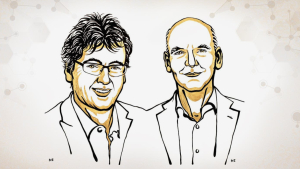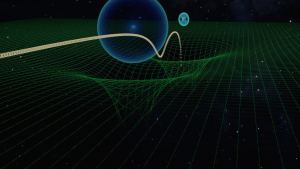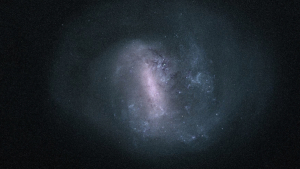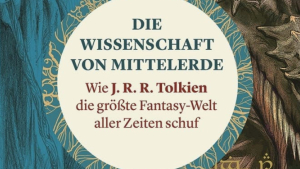The market for psychology guides is booming: Why am I the way I am? What do I have to change to achieve my goals? How do I become happy? Books, magazines and online offers such as coaching or consultant gurus are required. No wonder: they often promise patent recipes and simple solutions for our young and big problems.
Beware of psychology guides
Of course, it is important to break down science even for laymen and to convey findings from psychology in a generally understandable way, says Steve Ayan. He is a psychologist himself and an editor at Gehirn und Geist, the magazine for psychology and brain research at Wissenschaft. Dealing with one's own mental health is also basically good — and many counselors did a great job.
However, as everywhere, where money can be earned - there are also charlatans and people who do not take exactly with science behind the tips. Many guides and psycho-tips always made the same mistakes, says Ayan. He therefore chose the "seven dead sins" of popular psychology in the podcast.
For example, correlation and causality are often confused. Just because two things occur at the same time does not mean that one causes the other. A classic example: in the spring the storks come back from the south and more children are born during this time. But this does not mean that the storks bring the babies.
With simple patent recipes according to the cause-effect principle, caution should therefore be exercised. This also applies if advisors stage themselves as a salvation and supposedly discovered the "stone of the wise", that is, an idea or a concept that nobody has come to.
In an interview with detektor.fm presenter Marc Zimmer, Steve Ayan explains what other mistakes often underlie the psychological tips. He also addresses the dilemma of reconciling clean scientific methods and general intelligibility.



















